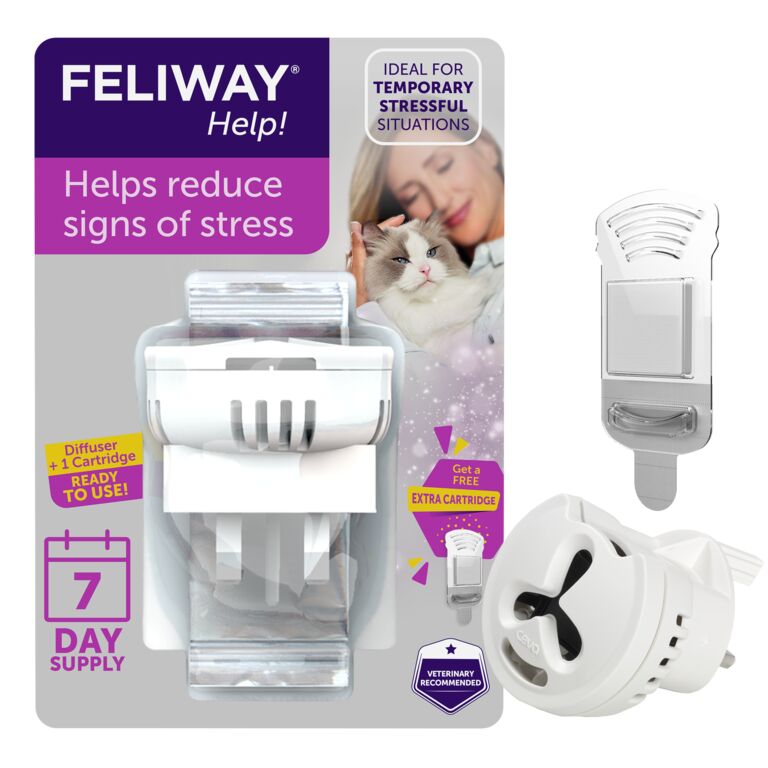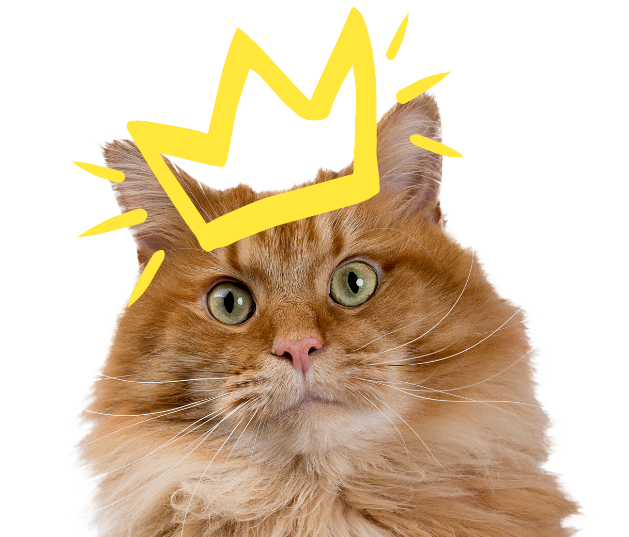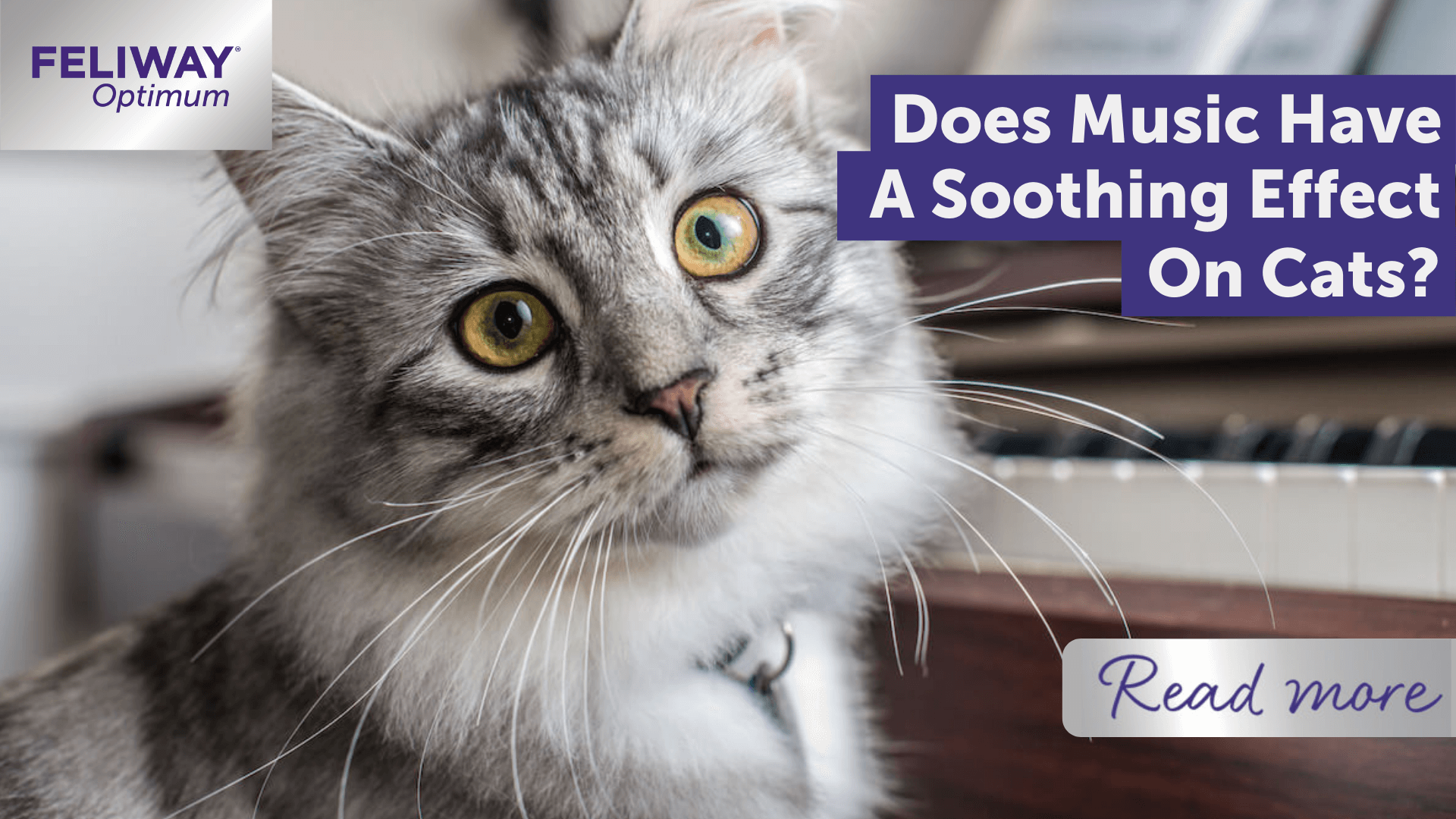
Does music have a soothing effect on cats?
Just like humans, there are lots of things that can make cats feel anxious or worried.
A new item of furniture, new noises in the home, perhaps the arrival of a new baby or a new pet - even a change in routine may be enough to make your cat feel stressed.
From removing the source of stress, to helping your pet adjust, there are lots of ways to help your cat feel less stressed. But have you considered playing music for them? Again, just like humans, music can sometimes help to soothe your pet. So what should you play, and why does it work?
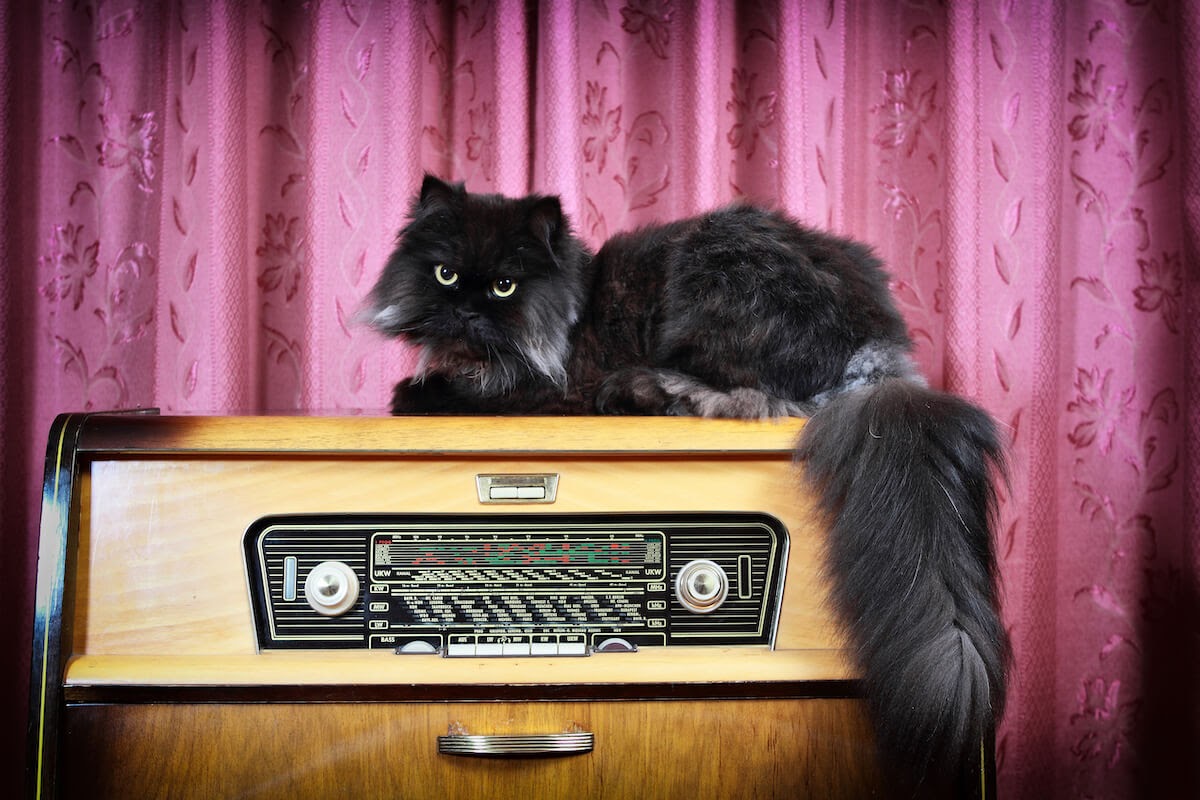
What are the Benefits of Music for Cats?
Music for humans can be found in every culture and every language worldwide. It can make us humans dance, laugh and cry! We hear music everywhere we go, whether we are relaxing on the sofa, driving in our cars, or jogging around the park.
But, does music have the same effect on cats? And can it also reduce a cat's stress levels as it does for humans?
A recent study was undertaken by The Journal of Feline Medicine and Surgery to see if feline-specific music, played in a veterinary clinical setting, would reduce cat stress scores.
During the study, cats were exposed to one of three auditory stimuli tests, the kitty's heard silence, classical music and cat-specific music.
And the answer? The tests found that cat-specific music may benefit cats by decreasing their stress levels and increasing the quality of care in veterinary clinical settings.
Similarly, Charles T. Snowdon, a Hilldale Professor Emeritus in the department of psychology at the University of Wisconsin-Madison, and the lead author of a study, said that "Cats Prefer Species-Appropriate Music."
So, What is cat specific music?
Did you know that you can get cat-specific music?
Cats have a very acute sense of hearing that is very useful for hunting! But this does mean that they are fussy musical listeners!
If your favourite choice is heavy metal, the chances are your feline friend will leave the room to find a quieter corner! But, if you like classical music, you may find that your cat will curl up with you and you can enjoy some relaxing time together.
Cat-specific music is designed around sounds that cats are expected to find pleasing, such as purring and suckling sounds, and often higher pitched noises. Just as humans find music pleasing that is similar to our resting pulse, and we prefer frequencies within our vocal range, cats prefer frequencies similar to the feline vocal range, which are higher than ours:
Listen to YouTube Cat Music Collection Example
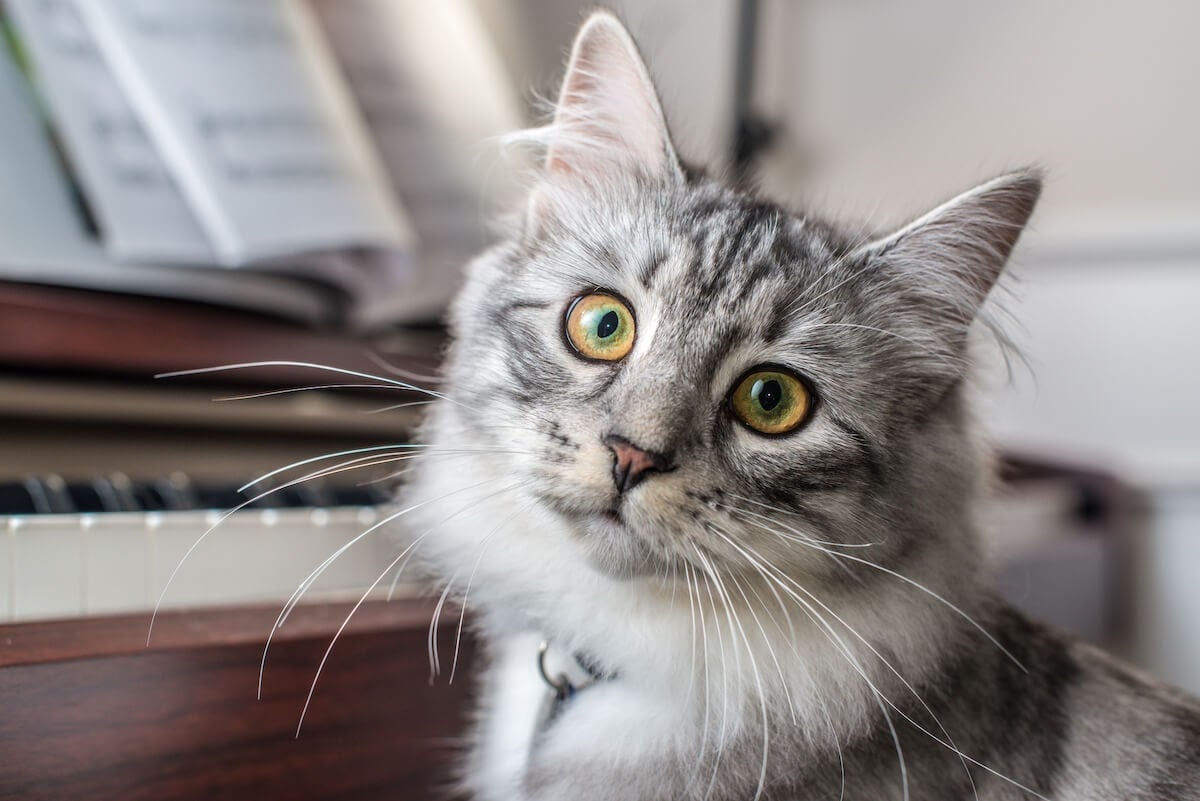
Cats are fans of Chopin and Bach!
Dr. Susan Wagner (who specialises in music therapy for animals, and is an integrative medicine doctor at MedVet Columbus and an adjunct assistant professor at The Ohio State University College of Veterinary Medicine) agrees that cats enjoy listening to music but only if it is calming (to reduce stress) and enriching (to stimulate). She says 'soothing Chopin piano sonata calms your kitty down, while a lively Bach flute sonata encourages her to jump and play‚'
So, if you leave your cat home alone, make sure you choose Chopin to relax and calm them whilst you are out, but when you return home play something a little livelier, like Bach, for some fun time together!
Music especially for cats
Spotify have recently designed a playlist feature for pets - combining the music you (as a human) like and listen to, with what your pet may enjoy - give it a try and enjoy the music together! This music is available online and so you can play it at home for your cat too! Why not give it a try and see if your kitty really is a fan of classical tunes!
Using FELIWAY to Support a Happy Home
In addition to playing music to soothe your cat and create a calm happy home environment, you can support your kitty with a FELIWAY Optimum Diffuser. Plug the Diffuser into the area where your pet spends the most time, and this will help them feel safe and reassured at home.
Reference:
Hampton A et al (2020) Effects of music on behaviour and physiological stress response of domestic cats in a veterinary clinic. Journal of Feline Medicine and Surgery 22(2):122-128 DOI: 10.1177/1098612X19828131













